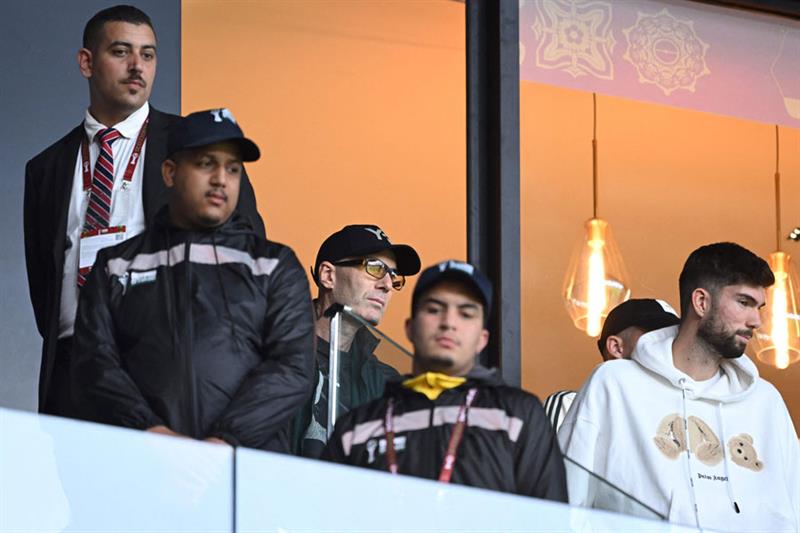Omorinmade Anikulapo Kuti, better known as Made Kuti, recently offered an unfiltered perspective on the complex interplay between legacy, privilege, and responsibility as he continues the artistic tradition started by his grandfather, Fela Anikulapo Kuti.
During a candid conversation on the “Tea With Tay” podcast with Taymesan on August 2, Made described how growing up as a Kuti shaped not only his opportunities but also his outlook on the music industry. He acknowledged, “Music is one of the worst professions where nepotism can succeed, because it’s brutally honest. If you see me perform and it’s not good, you’ll know. You can’t fake it.”
When asked if his prominent surname made his musical pursuits easier, Made answered with characteristic honesty: “I would never say or deny the fact that I, as a Kuti, have opened a lot of doors for myself in the industry. A lot of musicians who discovered and pioneered original music didn’t come from privileged backgrounds,” he reflected, referencing genres such as punk, blues, jazz, rock, and hip-hop, all birthed from hardship.
Most personal, however, was Made’s reflection on the reality of Fela’s final years. Despite his status as a global icon, Fela “died poor,” according to Made. “He made the kind of money that could have bought a whole street. But when he came back from shows, he’d open a box of cash and say, ‘Anybody that needs, take.’ His house was an open house. Anybody could walk in.”
Family dynamics within Fela’s household were unconventional. “His children were not allowed to call him dad or father or any kind of honorific because he didn’t want any special treatment for them, because everybody was equal in Kalakuta,” Made recounted. “He didn’t like that, though. I think they lived it. I believe truly that my father and my auntie need therapy. They watched Fela rise, fall, and die without ever being treated differently.”
Fela’s contributions were more readily celebrated abroad and often overlooked at home as his life wound down—until public appreciation exploded after his passing on August 2, 1997. “By ’96, ’97, people weren’t speaking positively about him anymore. His popularity had faded in the media and public opinion. They took him to Tafawa Balewa Square and were told, ‘Nobody’s coming.’ Then millions showed up. They carried him back to Kalakuta. It was aired on TV,” Made explained.
Today, Made continues to march forward, determined that his name and talent will prove inseparable—in Nigeria and beyond. He insists the Kuti legacy must stand for honesty and justice, not just familial renown.
okay.ng reports.







